The PS5 games library will take a while to build up – here's why
We examine the launch years of previous PlayStation consoles
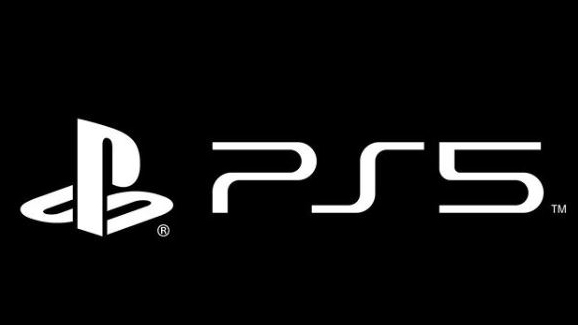
The PS5 is launching this year, and at some unspecified point in the future, Sony will start discussing which games will be ready for the system's launch. Past PlayStation consoles have a variable history when it comes to the quality of their launch titles – but in an age where the PS4's exclusives have truly defined its success, it's unlikely Sony will get it wrong this time.
Still, while getting it right at launch is one thing, it's rare that a console is an absolute must-buy on day one. The best games usually come later, and it takes a robust library of games to sell consoles to an audience beyond traditional players.
For fun, then, we examined the past PlayStation launches to figure out how long it took each console to become a must-buy proposition. Our criteria here is absolutely subjective – we're talking about the moment when we believe the library of games for each console became strong enough that we could recommend it unconditionally. Not just one or two essential games, but a whole collection of games that are worth playing.
Based on that and its recent pattern of PS4 releases, then, we decided to predict how long the PS5 will take to reach that same point. Is this process scientific? Absolutely not.
For ease and some consistency, we're going to focus on the Western launch date of each console. And we've left the handhelds out of this equation, since that's a different market, and Sony doesn't make portable consoles any more.
- PS5 games: which titles we know are coming to the system
- Everything we know about the Xbox Series X, the PS5's competitor
- PS Now on PS5 needs a serious upgrade to take on Xbox Game Pass
PlayStation
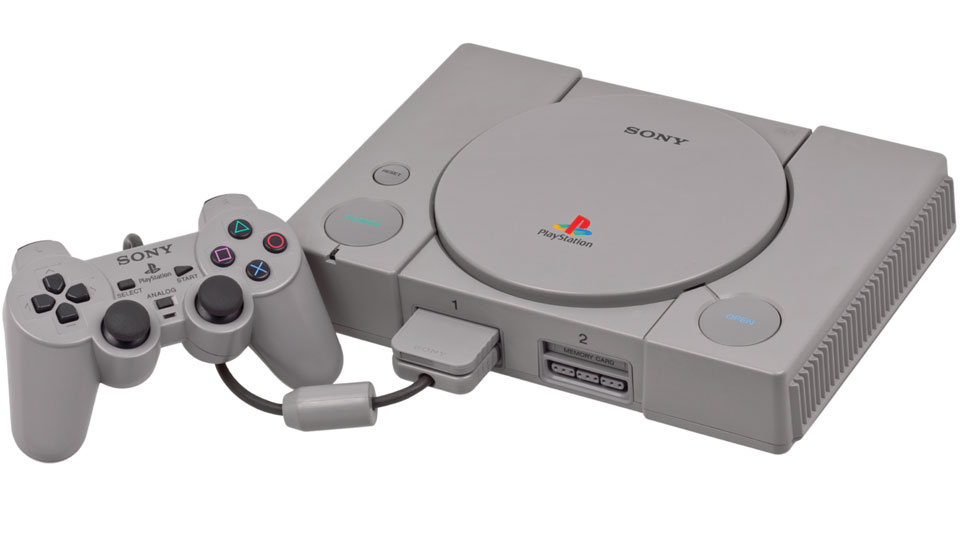
There is a strong argument to be made that the PlayStation was great within the first couple of months of its initial Western launch in September 1995. Not only did it have great games, it had a wide variety of them. It launched with Ridge Racer and the original Rayman, then by Christmas 1995 it had Destruction Derby, Tekken, Twisted Metal and WipEout.
While 1996 would mark the arrival of influential games like Crash Bandicoot, Resident Evil and Tomb Raider, it was already clear by the end of 1995 that the PSone was going to dominate when it came to third-party support. When the N64 launched in North America in September 1996, it arrived with just two games: Super Mario 64 and Pilotwings 64.
Sign up for breaking news, reviews, opinion, top tech deals, and more.
How long did it take? Two months
PS2
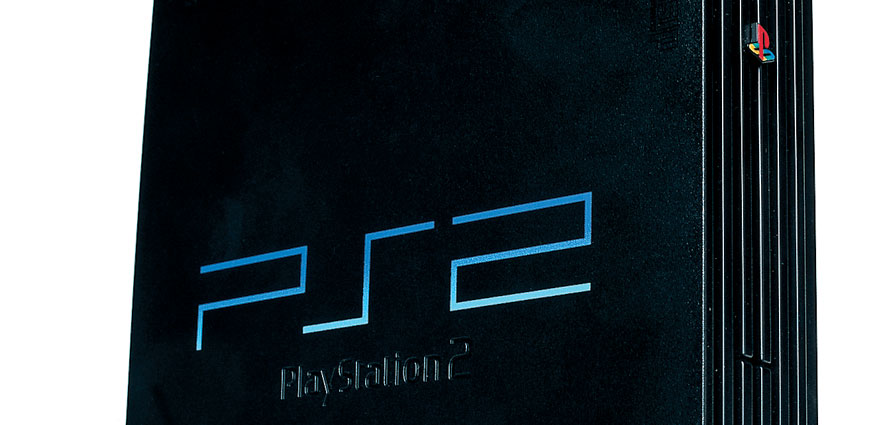
The PS2 didn't need killer exclusives to sell it at launch: it doubled as an affordable DVD player, which was a hot selling point for the early '00s. Demand for the console was huge.
Despite early winners like SSX and TimeSplitters, there was a very clear point when the PS2's software library really started taking off: the second half of 2001, as Gran Turismo 3 dropped in July, and the revolutionary GTA 3 arrived in October. In that same period, MGS2, Final Fantasy X, Jak and Daxter, the first PES, Devil May Cry and Silent Hill 2 hit the US market, ensuring the console's dominance over its competitors for the next five years.
You just needed to have one of these in 2001.
How long did it take? One year
PS3
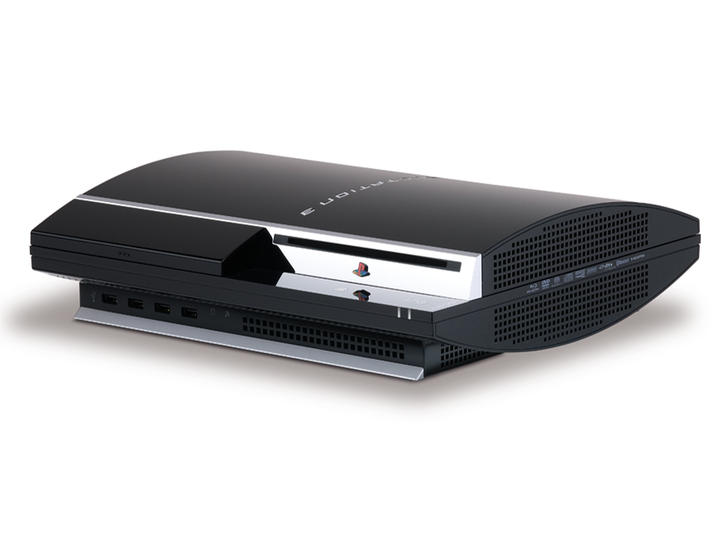
The PS3 had a notoriously slow start, not helped by its ludicrous $599 price tag in North America. Despite two early strong exclusives in racing game MotorStorm and FPS Resistance, the console flatlined as Microsoft launched headline-grabbing games like BioShock, Halo 3, Gears of War and Crackdown in 2006 and 2007. The one bright spot in an otherwise underwhelming 2007 for Sony (well, Heavenly Sword wasn't too bad) was Uncharted: Drake's Fortune.
The PS3 did eventually come into its own, but Uncharted 2 was arguably the first essential exclusive for the system, arriving three years after the console's launch in 2009 (2008's Killzone 2 was a great multiplayer shooter, but it lacked the impact of a Halo). From there, 2010's God of War 3 and Heavy Rain helped cement it as a system worth owning, even if it lost the market dominance of its predecessors.
How long did it take? Three years
PS4
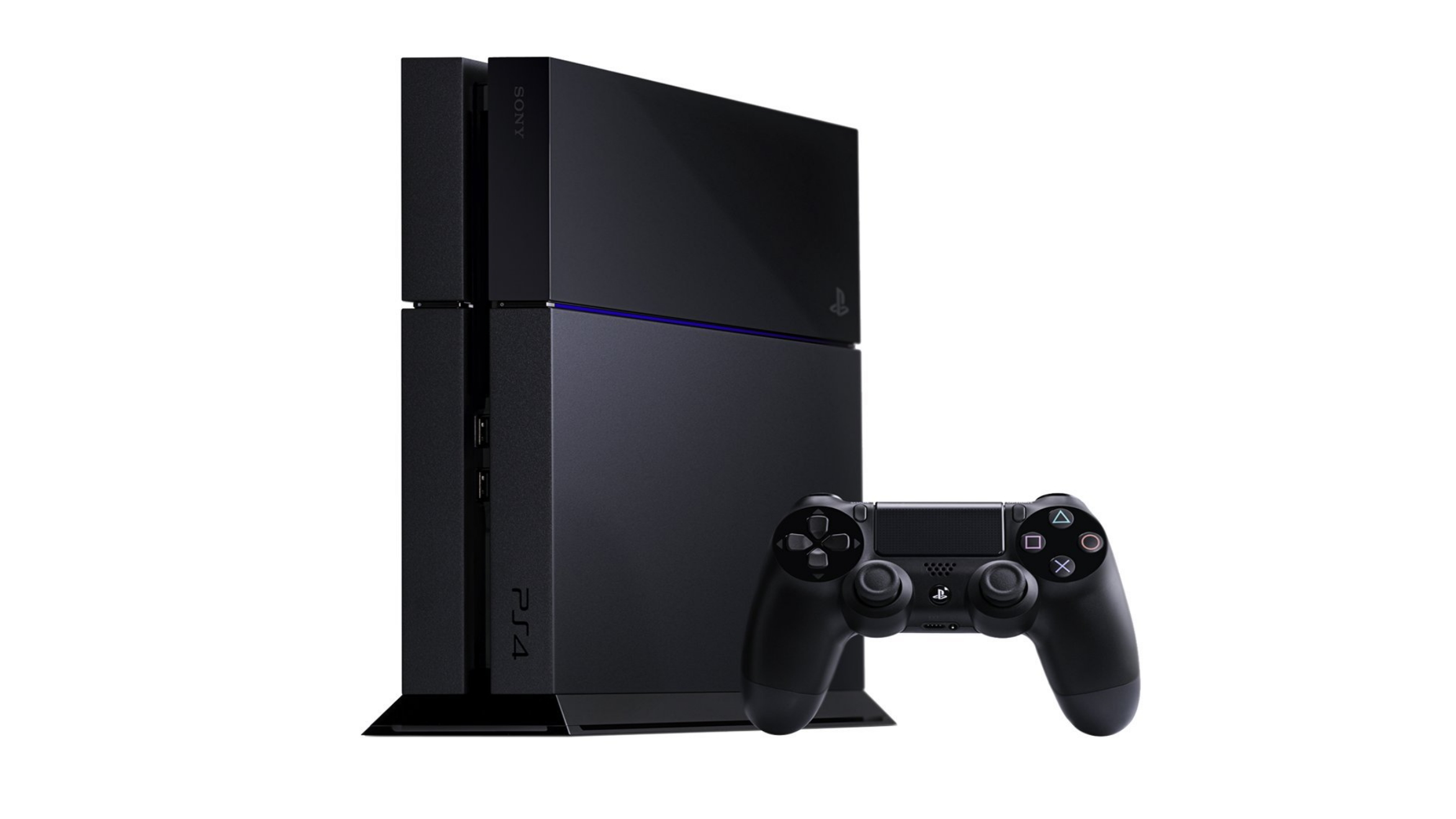
The PS4's November 2013 launch line-up was actually pretty miserable for exclusives: you won't find Killzone: Shadow Fall or Knack on most people's lists of top PS4 titles, and it took until Bloodborne in March 2015 for Sony to start its run of unbeatable exclusive games.
But that didn't matter, since the PS4 was immediately a better pick for multiformat games than the Xbox One – it was the best place to play Assassin's Creed 4 or Watch Dogs. In summer 2014, The Last of Us: Remastered gave people another chance to check out of the previous generation's best games.
By September 2014, it had MMO shooter Destiny tied to a DLC exclusivity deal, a key part of the PS4's success as a multiplayer console – and this is an area where the PS3 was always lacking. Even if Destiny took a while to hit its stride, it's a game that marked the moment everyone needed to own a next-gen console and see what the fuss was about.
How long did it take? 10 months
PS5
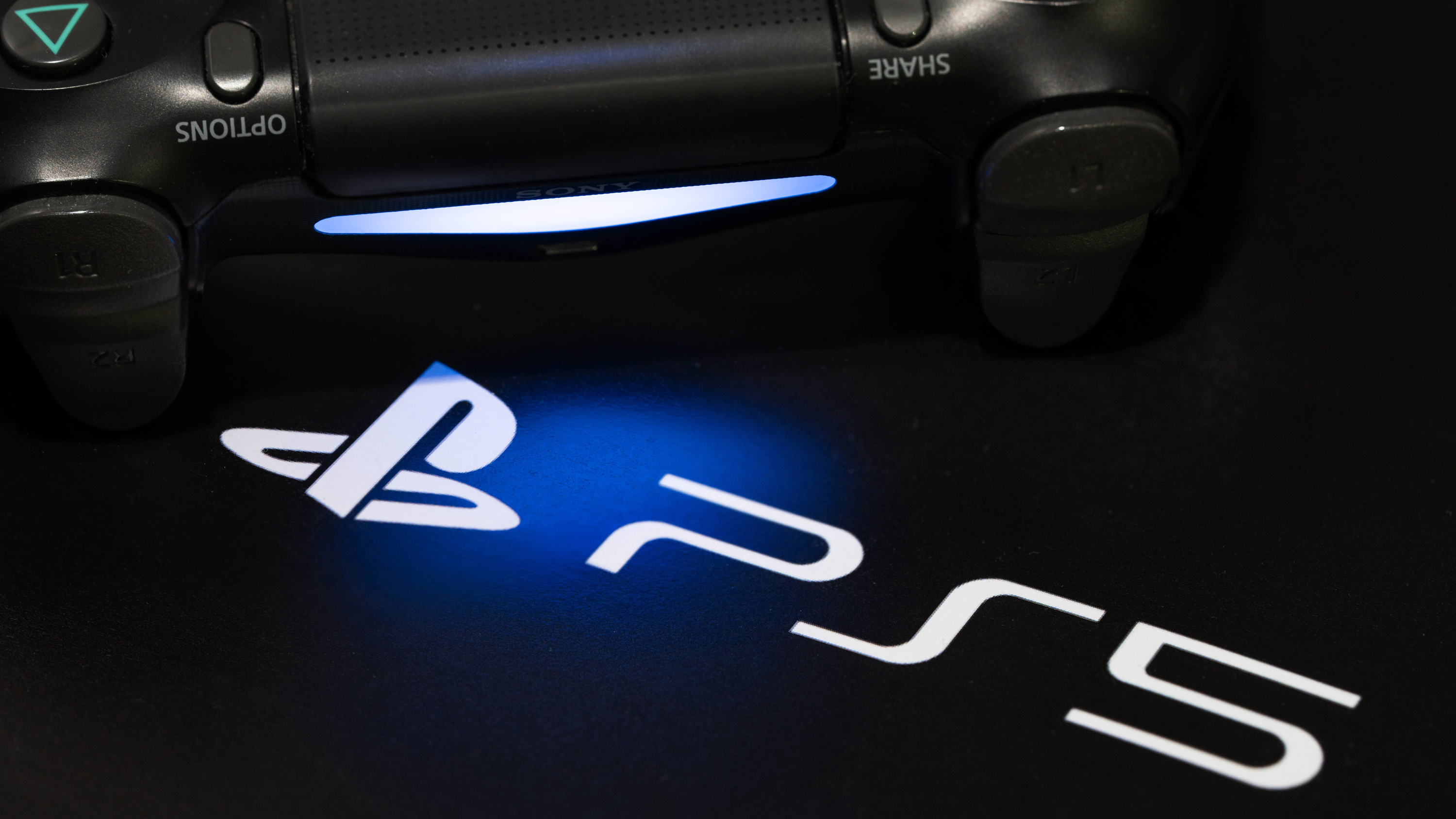
Let's be clear: most of the games coming to PS5 are a total mystery aside from some PS5 ports of Ubisoft games and yearly favorites like COD and FIFA. But this is a different Sony than the one that launched past consoles. Most of its exclusive games from the past five years have been built on a similar template of being open world and story-driven.
You'd hope at least one game like that will arrive at launch, only available on PS5 – and maybe even PS5 versions of 2020 PS4 games like The Last of Us 2 and Ghost of Tsushima. Within a year, Sony will likely want to have two or three major exclusives out there to shift consoles. And barring any major PR disasters or PS3-style pricing blunders, it's likely most people will want a PS5 anyway off the back of goodwill for the PS4.
Our best guess on when the PS5 becomes an essential purchase: One year (probably)
- PS5 vs Xbox Series X: what we know so far

Samuel is a PR Manager at game developer Frontier. Formerly TechRadar's Senior Entertainment Editor, he's an expert in Marvel, Star Wars, Netflix shows and general streaming stuff. Before his stint at TechRadar, he spent six years at PC Gamer. Samuel is also the co-host of the popular Back Page podcast, in which he details the trials and tribulations of being a games magazine editor – and attempts to justify his impulsive eBay games buying binges.